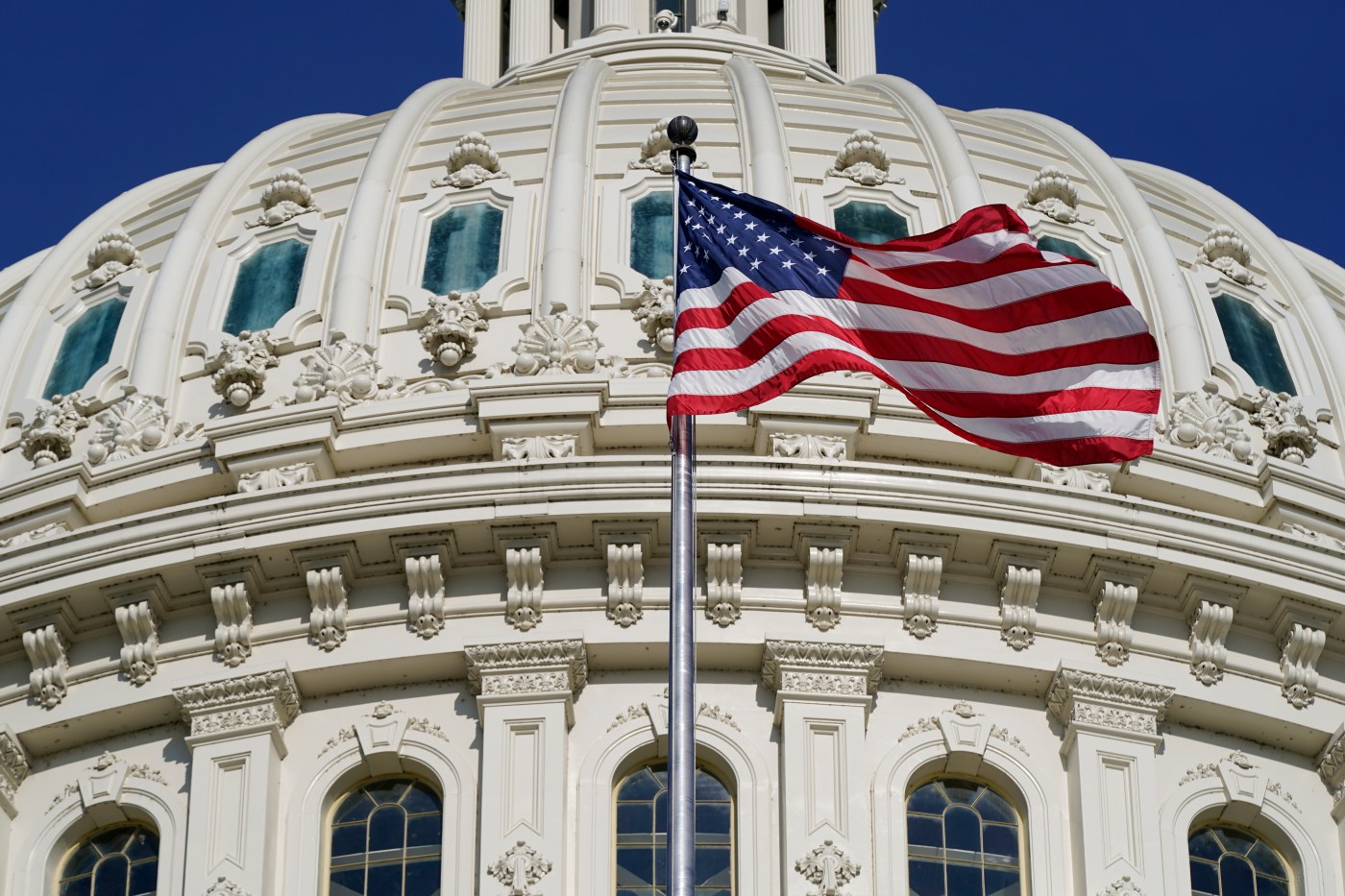
Clancy: Congress can return healthcare $$ to patients
Between confirmation hearings and executive orders, President Trump’s healthcare team has promised an agenda of radical transparency.
It’s a great start. For millions of Americans, transparency is only one piece of the puzzle of quality, affordable care.
Costs are high, lines are long, and paths to treatments and services are convoluted. What Americans need at this very moment is flexibility.
That’s where Congress comes in. Lawmakers know America’s healthcare crisis. It’s their responsibility to formulate necessary solutions and pass common-sense reforms when they come agree. Most important, reforms must put patients in the driver’s seat — not government bureaucrats.
Too many Americans struggle to access affordable, high-quality healthcare. They pay expensive monthly premiums, only to face limited options, unpredictable costs and barriers to care. Despite trillions of taxpayer dollars flowing through insurers and hospital associations, patients still find themselves forced to navigate a system prioritizing red tape over solutions.
The good news is that a common-sense solution is already on the table — the ACCESS Act, which would expand access to Health Savings Accounts (HSAs) — a proven tool that allows individuals to save for and spend on healthcare in a way that best fits their needs.
HSAs are tax-deductible savings accounts designed for medical expenses. HSAs allow individuals to set aside tax-free money to pay for doctor visits, procedures, prescriptions and other health-related costs. Unlike traditional insurance coverage, which often limits options, HSAs allow patients to choose the care that works best for them.
For 36 million Americans, whose HSA accounts now hold more than $120 billion, HSAs have already proven their value. A RAND Corp. study found that enrollees in HSA-eligible plans were more intentional about their healthcare spending, leading to reductions in overall costs of up to 35%.
Yet, with all the benefits of HSAs, financial planners and healthcare experts still consider them “under-utilized.” Outdated restrictions prevent 80% to 90% of Americans from benefiting from HSAs. Only individuals with narrowly defined high-deductible health plans qualify, leaving many — including most of the 20 million people on Affordable Care Act exchange plans — without access to a tool that could help them afford care.
The ACCESS Act would address this by expanding eligibility and ensuring up to 5 million lower-income Americans with a federally subsidized ACA health insurance plan can use an HSA to cover healthcare costs. Instead of funneling taxpayer dollars through insurance companies, this legislation empowers individuals to take control of a part of their subsidy as a cash deposit to their HSA account and to use that money for medical expenses as they see fit. And it would not cost taxpayers a dime.
With nearly one in three Americans skipping medical care due to cost concerns, the need for solutions has never been more urgent.
Dean Clancy is a senior health policy fellow at Americans for Prosperity/InsideSources

